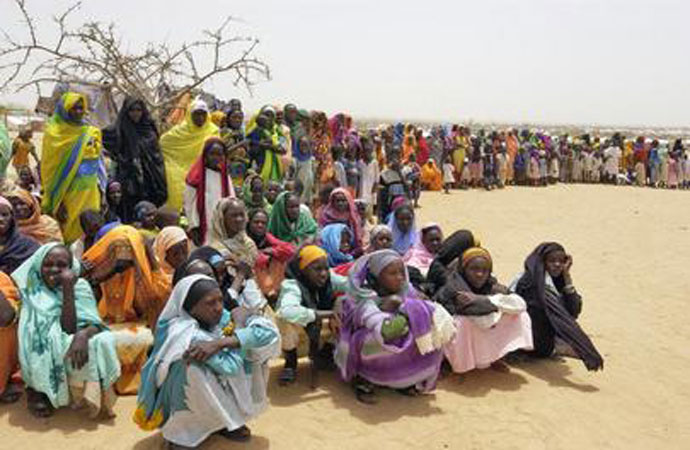Council of Europe: the first activity report of the Special Representative on Migration and Refugees has been published

“To successfully approach the challenges of migration, there must be "a clear, principled and collective approach by the Council of Europe (CoE) that covers all areas of migration management," said the Special Representative of the Secretary-General on migration and refugees, Tomáš Boček, in his first activity report, published on 26 February 2018 in Strasbourg.
The report highlights the steady decline in the overall number of new arrivals in Europe due to the stricter border controls, but nonetheless, refugees and migrants will continue to arrive in significant numbers in the coming years. The challenge for member states will be to ensure that the measures they take to reduce migration and returns comply with human rights standards. A further challenge will be to put in place policies to promote the inclusion of refugees and migrants entitled to remain in Europe.
According to the report, the CoE has the duty to solicit solidarity among its member states and supporting the right to seek asylum. This means zero tolerance towards pushbacks at the borders. In addition, member states must implement legal routes to Europe, to better manage migration flows and ensure respect for human rights throughout the migration process. In this regard, on 15 December 2015, Italy launched the pilot project humanitarian corridors, the result of a cooperation between the Community of Sant'Egidio, the Federation of Evangelical Churches in Italy, the Tavola Valdese and the Italian Government for granting people in "vulnerable conditions" a legal entry into Italian territory.
On January 2016, Tomáš Boček was appointed as Special Representative for Migration and Refugees of Council of Europe Secretary General Thorbjørn Jagland. His mandate is to gather information on how the fundamental rights of migrants and refugees are protected on the ground in the Member States and to develop proposals for action at national and European level.
One of its priorities is to improve the situation of the high number of refugee and migrant children currently in Europe. In his first two years in office, the Special Representative conducted six fact-finding missions in nine Member States and published five national reports. He also published a thematic report on children and prepared an action plan for the protection of refugee and migrant children, in cooperation with other organizations.
The priorities of the Special Representative for 2018-2019 are:
- the protection of children and other vulnerable migrants and refugees, in particular the implementation of the Action Plan on Protecting Refugee and Migrant Children
- activities by way of follow-up to the recommendations in his mission reports to improve the situation in the countries concerned
- co-operation with other international organisations to develop further synergies with them and identify scope for joint projects.

